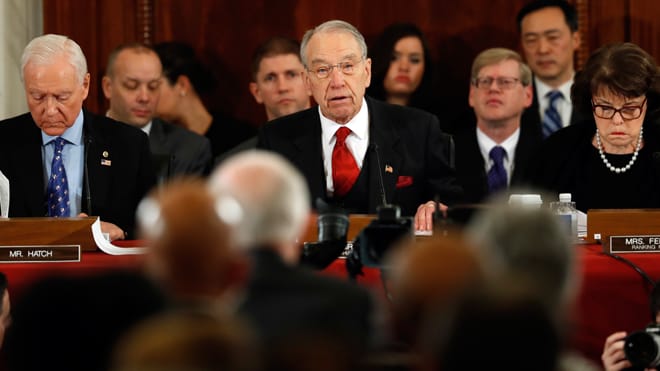The United States has taken a bold step in its efforts to address the ongoing crisis in Venezuela by announcing a reward of $25 million for information leading to the arrest of Nicolás Maduro, the country’s president. This decision underscores the U.S. government’s commitment to combating drug trafficking and human rights abuses, which have been rampant in Venezuela under Maduro’s leadership. The announcement was made by the U.S. State Department, which has long accused Maduro of being involved in drug trafficking operations that have contributed to the global narcotics crisis.
Nicolás Maduro has been in power since 2013, following the death of his predecessor, Hugo Chávez. His presidency has been marked by widespread allegations of corruption, authoritarianism, and severe economic mismanagement. Venezuela, once one of the wealthiest countries in Latin America due to its vast oil reserves, has plunged into a deep economic crisis, leading to hyperinflation, food shortages, and a mass exodus of its citizens. The humanitarian situation has drawn international condemnation, and many countries have called for a change in leadership.
The U.S. government’s decision to offer a substantial reward for Maduro’s arrest is part of a broader strategy to hold him accountable for his actions. The State Department has accused Maduro of overseeing a criminal enterprise that has facilitated the trafficking of cocaine and other drugs into the United States and other countries. This initiative is not only aimed at bringing Maduro to justice but also at dismantling the networks that support drug trafficking in the region.
In addition to the financial reward, the U.S. has imposed a series of sanctions against Maduro and his inner circle. These sanctions are designed to isolate Maduro’s government economically and politically, making it more difficult for him to maintain power. The U.S. has also recognized Juan Guaidó, the opposition leader, as the legitimate president of Venezuela, further complicating the political landscape in the country.
The announcement of the reward has sparked a range of reactions both domestically and internationally. Supporters of the U.S. government’s actions argue that it is a necessary step to address the crisis in Venezuela and to support the Venezuelan people in their struggle for democracy and human rights. Critics, however, caution that such measures could exacerbate tensions and lead to further instability in the region.
The situation in Venezuela is complex, with deep-rooted political, social, and economic issues. The country has been plagued by protests, violence, and repression as citizens demand change. The U.S. government’s actions may be seen as an attempt to influence the outcome of the political crisis, but they also reflect a growing concern about the impact of drug trafficking on both sides of the border.
As the U.S. continues to navigate its relationship with Venezuela, the implications of this reward extend beyond Maduro himself. It raises questions about the future of U.S.-Venezuela relations, the role of international actors in the region, and the potential for a resolution to the ongoing crisis. The U.S. has emphasized that it remains committed to supporting the Venezuelan people and restoring democracy in the country.
In conclusion, the U.S. government’s announcement of a $25 million reward for information leading to Nicolás Maduro’s arrest is a significant development in the ongoing crisis in Venezuela. It highlights the U.S. commitment to addressing drug trafficking and human rights abuses while also raising important questions about the future of the country and the role of international intervention. As the situation continues to evolve, the world will be watching closely to see how these developments unfold and what they mean for the people of Venezuela.



